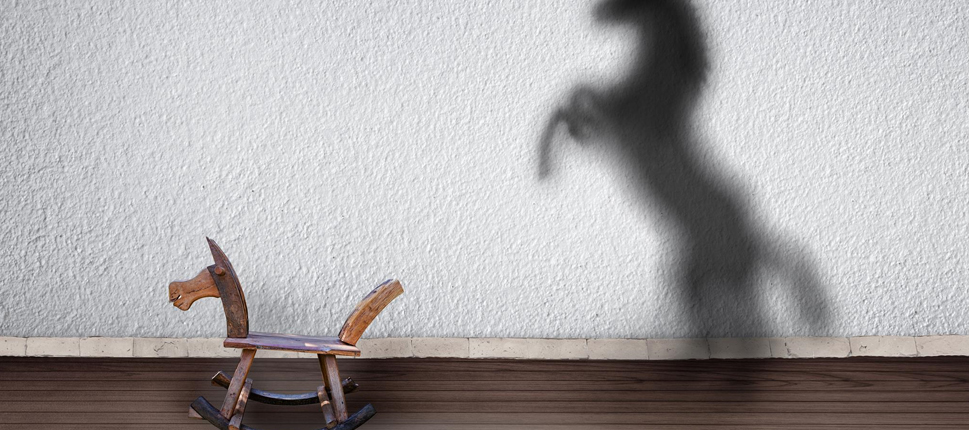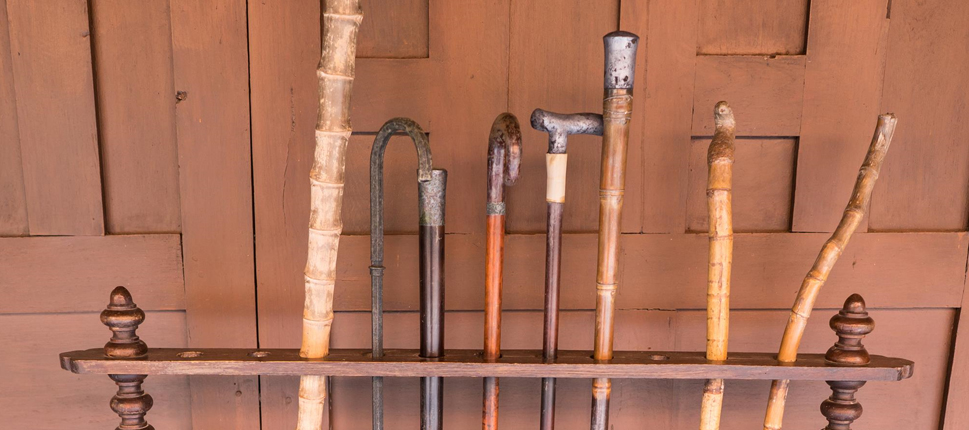In life, there is much we take for granted. There are numerous times everyday where we don’t even register the expectations catalogued in our head. Only when the unexpected happens do we become aware of our expectations and their negative impact can be felt.
I had offered a client a lift to the station and came out to get into my car. Walking up and down the street, my car was nowhere to be found.
My understandable expectation had not been met and I was left very baffled. I found out later that it had in fact been towed away, being parked illegally a few nights earlier and forgetting to move it. A momentary blip of irritation and embarrassment soon passed and plan B was put into place and I walked the client to the station.
Many expectations fall closer to fact. The physical world for the most part will be as we expect, day by day. Some expectations carry more weight, have more impact and potentially can be far more destructive than others. The majority of destructive expectations are personal, directed at self or others, or others directed towards us.
It would be difficult to rid our lives of expectation, unless in some situations we could replace it with something else, something possibly more beneficial. If we reduce our expectation, we may find that the quality of life and our relationships can be positively affected.
So what is the cost of expectation?
What do we gain, what do we lose, by having expectations?
What’s the problem with expectations anyway?
And what on earth could we replace expectations with???
Hope is a far more useful, positive and productive state of being than expectation. Unlike expectation, hope is a form of inquiry where the outcome is not assumed. We may desire a particular result but we are not taking that outcome as given.
Expectation on the other hand is a presumption, a done deal, rubber stamped with the outcome already decided, as if almost set in stone but is in fact, far from it.
Every time I drive up the motorway, I see the results of dangerous expectation. Cars in the fast lane sitting so close to the one in front, expecting the one they’re chasing to keep going without anything out of the ordinary occurring, putting themselves and others in mortal danger.
So how differently would they drive if they replaced expectation with hope?
They would definitely make provision for the unexpected, giving safe distance from the car in front.
How many lives would be saved if hope rather than expectation sat in that drivers seat? After all, sometimes the fastest is not always the quickest.
As well as being safer, I wonder how much more relaxed they would be driving in a state of mind motivated by hope rather than expectation? No need to keep silencing that little voice, “What if something happens?” A voice that can create an underlying anxiety that might not even register, until it is removed.
Over the years I have watched others and myself get very irate at our inability to understand the workings of computers. Our expectation that we should know “How to” leaves us feeling very frustrated. That frustration blinds us to being able to learn, as we berate our lack of knowledge and ability. Like with all learning expectation is a huge obstacle.
How many times have you felt or heard someone say, I feel taken for granted? Another example where expectation has tarnished an experience, causing a whole myriad of problems that could have been easily avoided if expectation had not been engaged.
Throughout the summer a man regularly uses his neighbour’s lawn mower, while his is being repaired. By September there is almost no question in his mind that he can’t use it again. At what point did hope turn into expectation? For some even the language used can tell you that they are no longer asking and started to expect “can I” has now has turned into “it’s ok yes, that I can borrow your lawn mower again?”
The use of expectation on others can be a very subtle form of control and manipulation. Telling his wife in front of his boss “I forgot to say, I told Peter that is was fine to join us for lunch on Sunday, that’s ok isn’t it darling?”
Of course she can say no but it puts her in a tricky position.
Asking permission after the fact is like eating the last cake and then saying “it’s ok I ate the last cake wasn’t it?”
For most expectation is a normal part of life, something quite natural. It is in fact more closely related to our nurturing than our nature. It has been greatly overused, and will continue to be, until we understand how dangerous it can be. Expectation is an assumption that destroys our appreciation.
What would we gain by more appreciation???
Well the list is almost endless. Appreciation feeds our heart. It helps to keep us in the moment. When you take nothing for granted, it’s like experiencing it for the first time and it keeps you in the present moment. I spent many years sitting cross-legged trying to “Be in the moment” only to find out that while I was trying, I missed the moment.
Appreciation leads us to a state of gratitude, without having to do a thing.
For years I quoted my father, who used to say; “Be grateful for what you have and thankful for what you haven’t got”.
In quoting this once I was told “ I know I should be grateful, but I don’t feel it, and now I feel bad and guilty that I don’t feel grateful!
Gratitude is not an action, not a lotion that you apply to makes things better, to make you a better person. Gratitude is a result of appreciation.
Expectation on the other hand steals from us all of these things and leads us down a road to entitlement. Expectation will eventually kill appreciation, leaving a person drowning in his or her own sense of entitlement. “Entitled” has become a marker by which some are now identified, like “extrovert” or “left-handed”.
Expectation has helped to create “People of Entitlement”
Giving something to someone who expects it can eat away at your generosity. It can almost feel like they have stolen something from you, leaving you less willing to give the next time.
“But after all, I did give it to him, so why don’t I feel ok?”
“Thanks” or “Thank you” has in many situations lost its meaning, as thanks without appreciation is hollow. And in the presence of expectation appreciation cannot reside.
Hope does not put all her eggs in the same basket, where as Expectation only has one basket.
I hope for a life where I can retire all my expectations.

